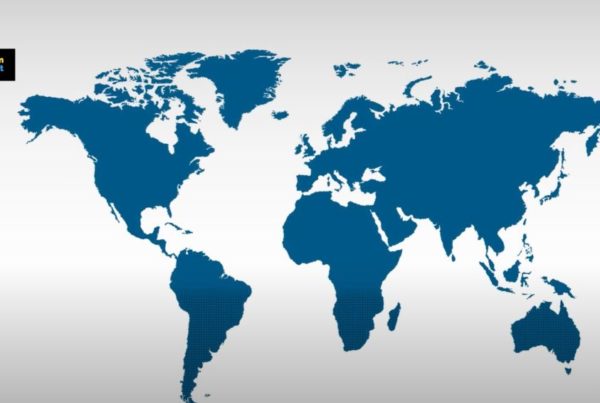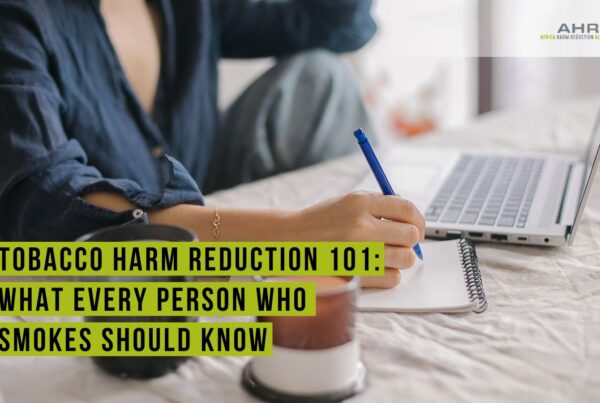Youth Day is a significant commemorative event in South Africa annually on 16 June. It honours the country’s youth’s bravery and sacrifices during the Soweto Uprising in 1976. It also acknowledges the role played by young people in shaping the nation’s future.
The day serves as a platform to empower young people and address their challenges, including drug-related issues. Drug use in South Africa is a complex issue influenced by a combination of social, economic, and individual factors. Factors such as unemployment, inequality, and extreme poverty have created a drug problem among the youth that rivals the global average.
Efforts to address drug use among South African youth have included awareness and prevention programs. However, a youth-centred approach that increases access to harm reduction is required for young people who use drugs.
Among youth in South Africa today, 21.5% are current tobacco users. Over the last few months, youth vaping has also emerged as a key concern for all stakeholders. Although this has yet to be quantified in the country, there is anecdotal evidence that risk-prone youth have taken up electronic cigarette use on a trial basis. For this reason, the government has cited vaping among the youth as a key determinant behind the stringent regulations proposed in the Tobacco Products and Electronic Delivery Systems Bill.
Placing youth at the centre of conversations on better regulation of these new nicotine products is critical for public health in South Africa, and prioritizing the protection of young adults is a responsibility that all stakeholders should share.
Programs to deter youth access that focuses on measures that include a relook at the packaging of electronic cigarettes and oral nicotine products to ensure that they are not appealing to young consumers are essential. Our government can adopt and implement supply-side policies to limit youth access, such as age-of-sale policies, standard product packaging, and point-of-sale restrictions.
But more importantly, protecting the youth in the country should be done carefully to balance the interests of smokers who wish to switch to electronic cigarettes. The proposed taxes on vaping in South Africa, in an attempt to deter the youth, will only lead to current adult vapers reverting back to cigarette smoking.
Only through a collaborative effort will South Africa successfully implement a sensible and effective approach to regulating new nicotine products and ensure these products are only marketed to and accessed by adult tobacco users.

THR Topics
Popular Posts
Quick Links
Women in THR
Related Posts
 Letter to the World Health Organization (WHO)
Letter to the World Health Organization (WHO)
Letter to the World Health Organization (WHO)
 Public Health implications of vaping in Germany
Public Health implications of vaping in Germany
Public Health implications of vaping in Germany
 Public Health implications of vaping in the United States of America
Public Health implications of vaping in the United States of America








